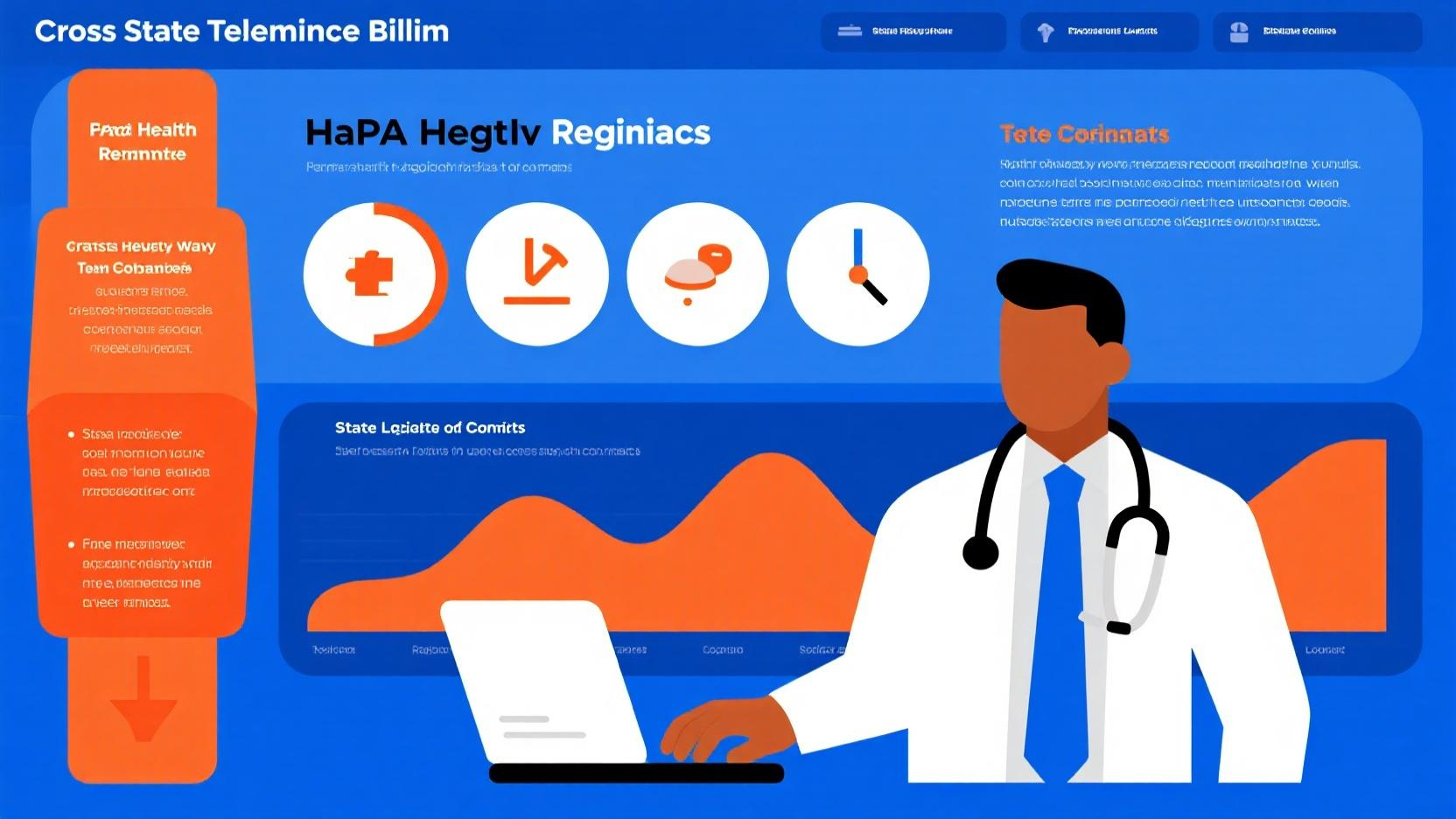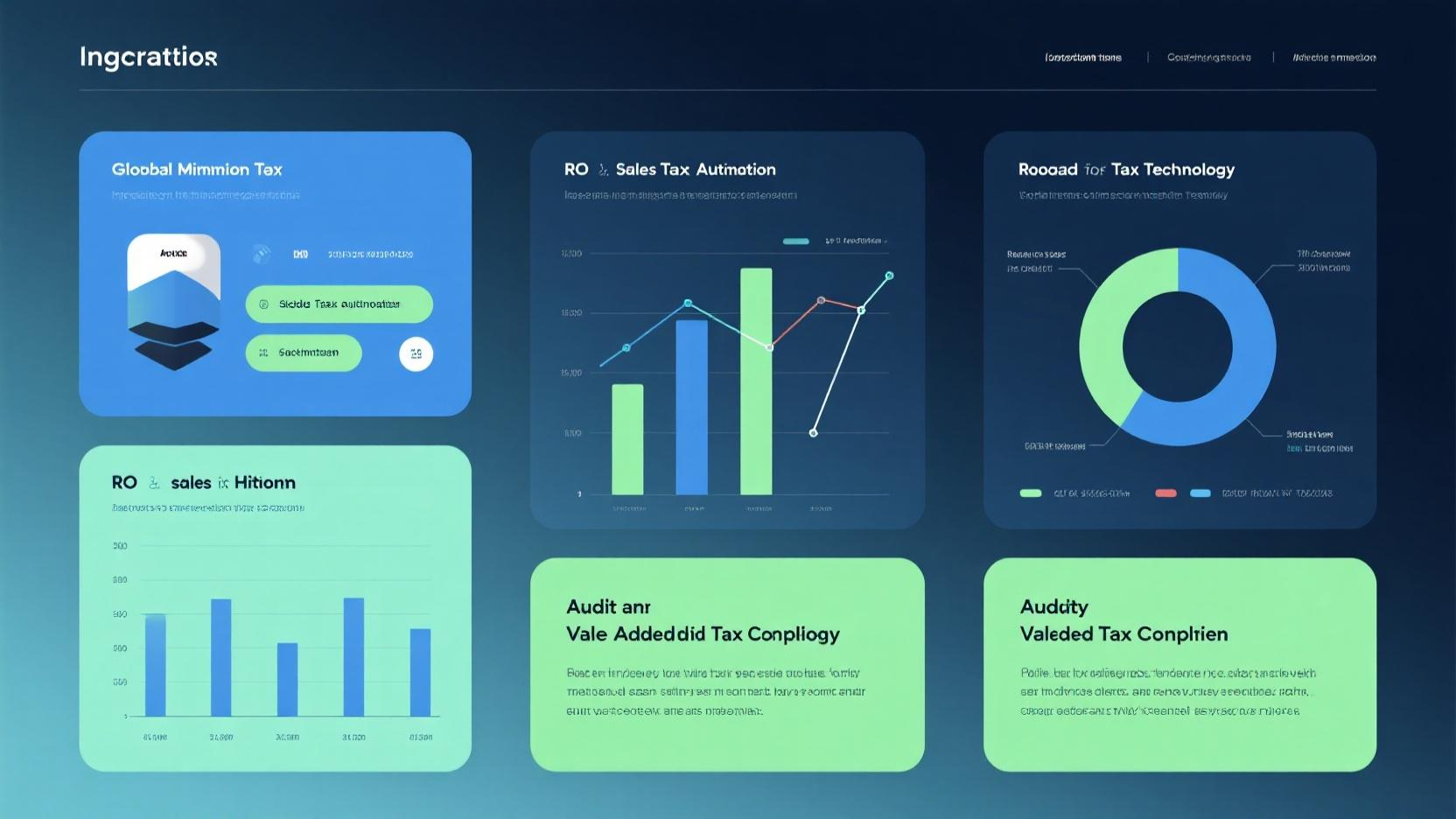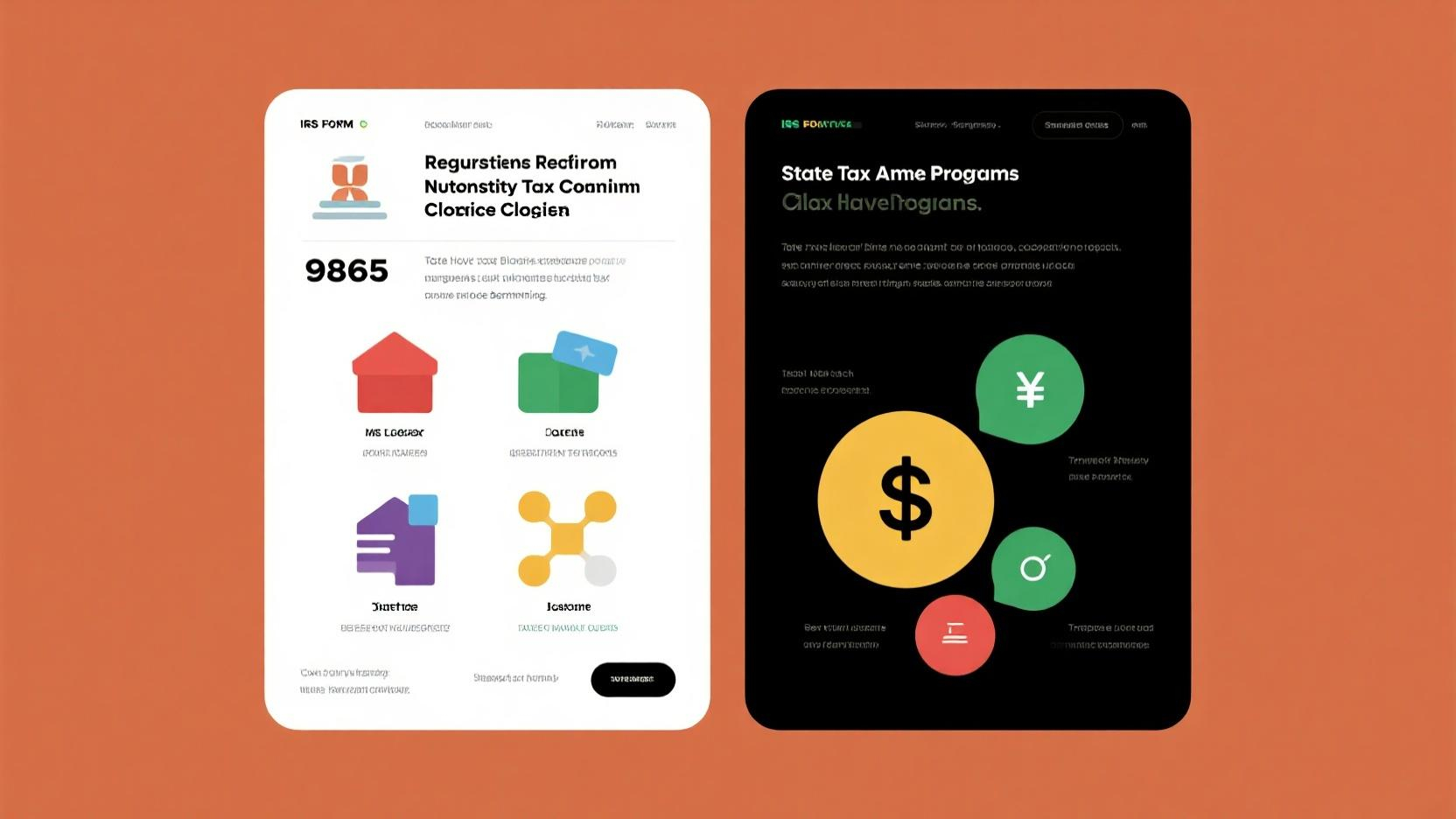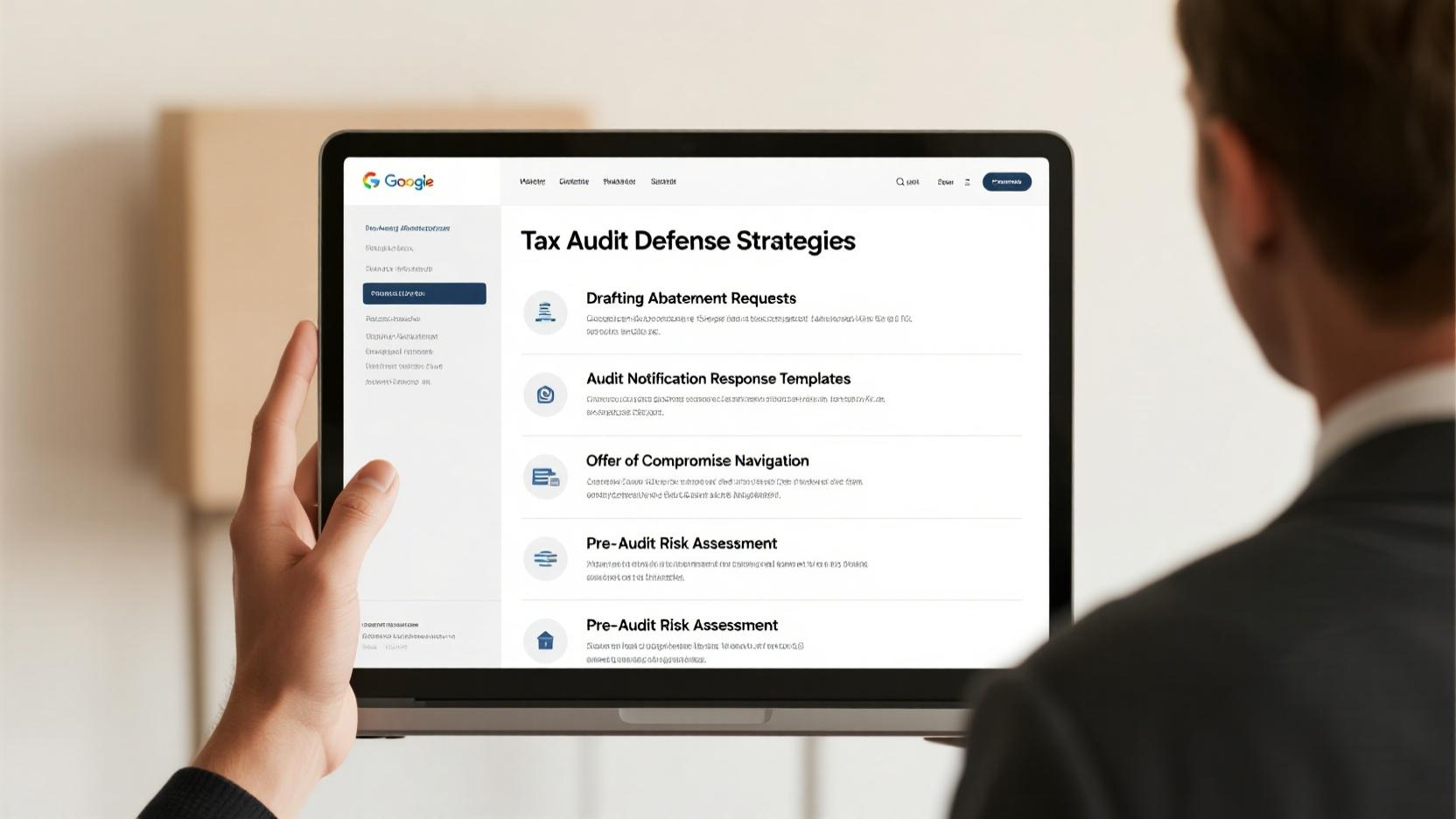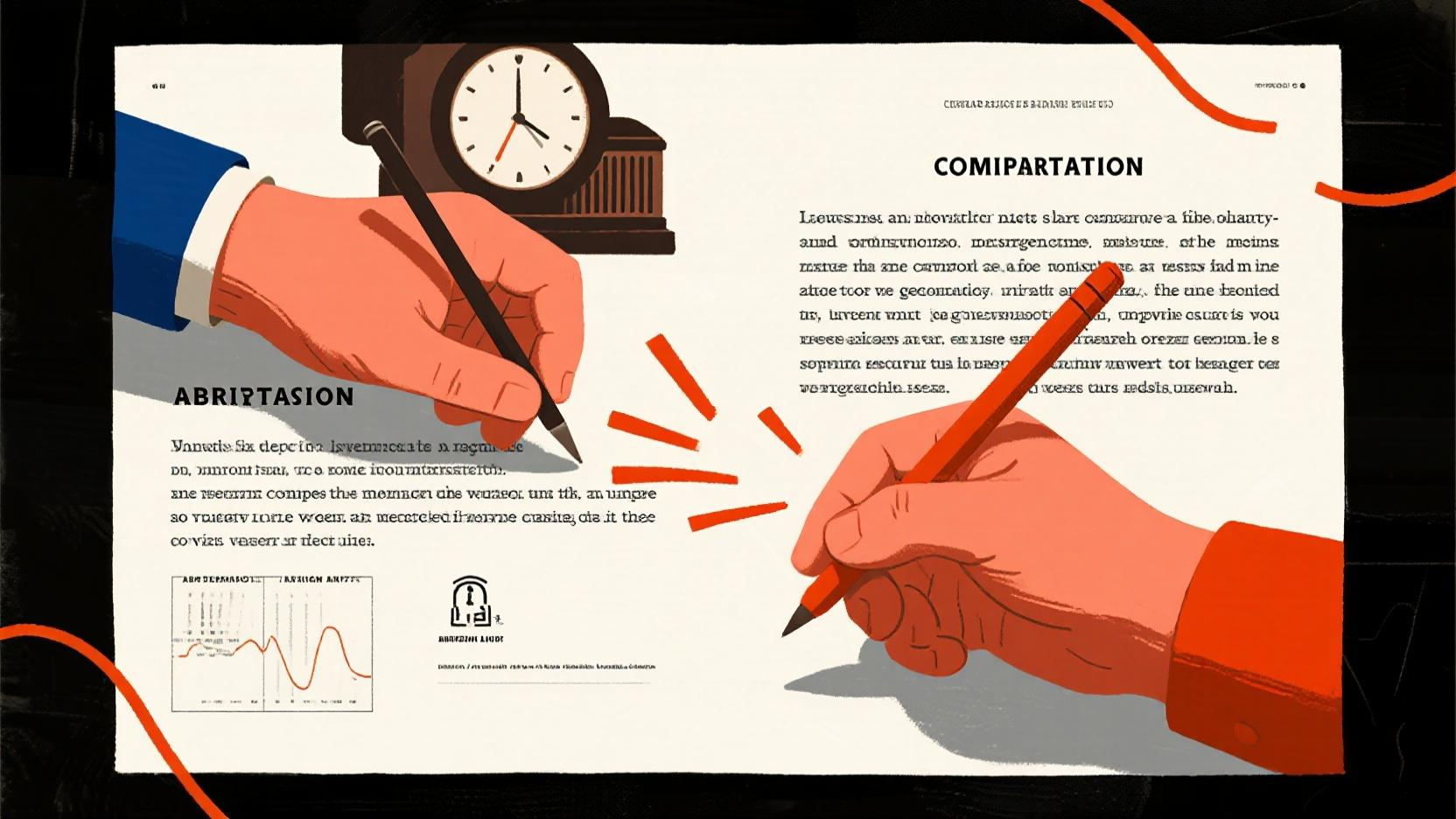Image Source: pexels
Resolving tax disputes effectively transforms challenges into opportunities. I’ve seen how negotiation strategies for resolving tax disputes between corporations and tax authorities create solutions that benefit both parties. Statistics reveal that approximately 75% of MAP cases in 2021 fully resolved issues, with only 2% ending without agreement. Unresolved disputes, however, strain resources. The IRS, operating with 25% fewer staff than 30 years ago, faces growing complexities. Corporations must act proactively to avoid prolonged conflicts.
Key Takeaways
- Planning ahead and keeping clear records help avoid tax problems. Using compliance tools can stop expensive disagreements for companies.
- Using Advance Pricing Agreements (APAs) helps set clear pricing rules. This lowers arguments and builds trust with tax authorities.
- Getting help from experts early can solve issues faster. It also saves money and helps companies handle tax problems better.
Common Tax Disputes Between Corporations and Tax Authorities
Transfer Pricing and Cross-Border Transactions
Transfer pricing disputes often dominate the landscape of corporate tax conflicts. I’ve seen how these issues arise when corporations allocate profits between subsidiaries in different countries. Tax authorities scrutinize these transactions to ensure compliance with arm’s length principles. Poor data quality contributes to 67% of these disputes, while companies investing in technology see a 73% improvement in resolution outcomes.
The financial stakes are immense. On average, tax costs over initial assessments reach $56.3 million, with penalties and legal fees adding another $46 million. These numbers highlight the importance of proactive planning and transparent documentation.
| Challenge Description | Percentage |
|---|---|
| Poor data quality | 67% |
| Investment in technology leads to improvement | 73% |
| Expense Type | Average Cost (USD) |
|---|---|
| Tax costs over initial assessments | 56.3 million |
| Penalties, interest, and surcharges | 24.7 million |
| Legal fees, including litigation | 21.3 million |
Disputes Over Tax Deductions and Credits
Tax deductions and credits often spark disagreements. Corporations face challenges when tax authorities question the legitimacy of claimed deductions or credits. These disputes, while less frequent than individual tax cases, involve significant financial stakes.
- Individual tax disputes are more common but involve smaller amounts.
- Corporate disputes are less frequent but can reach billions of dollars.
- International tax issues and transfer pricing often add complexity.
I’ve learned that clear documentation and a thorough understanding of tax laws can prevent these conflicts. Companies that prioritize compliance reduce their risk of costly disputes.
Tax Residency and Withholding Tax Issues
Tax residency disputes often arise when corporations operate across borders. Determining the correct jurisdiction for tax purposes can be complex. In FY 2023, over 22,000 Tax Court cases involved disputes over additional taxes owed, totaling $8.5 billion in contested amounts.
- These cases highlight the financial impact of residency and withholding tax issues.
- Corporations must navigate these challenges carefully to avoid penalties.
I always recommend consulting with tax experts to address these issues proactively. Their guidance can save corporations from costly mistakes.
Conflicts Regarding Tax Incentives and Exemptions
Tax incentives and exemptions often lead to disagreements, especially in international markets. Governments may revise their tax incentive systems to align with global standards, creating uncertainty for corporations.
The country is now forced to change its tax incentive system to align it with the model rules; that is, introduce either a qualified refundable tax credit or pure subsidies. States are de facto forced to change their domestic tax incentives even if they did not agree.
If states persistently object to or at least publicly oppose it, this might be harmful to the creation of customary international law.
These conflicts underscore the importance of staying informed about changes in tax policies. I encourage corporations to work closely with advisors to adapt to evolving regulations.
Negotiation Strategies for Resolving Tax Disputes
Advance Pricing Agreements (APAs) for Predictability
I’ve seen how Advance Pricing Agreements (APAs) can transform tax negotiations. These agreements establish pre-determined transfer pricing methods for intercompany transactions. They provide certainty and transparency, which significantly reduces disputes and the risk of double taxation. This proactive approach allows businesses to plan their financial strategies with confidence.
In fact, 80% of tax authorities agree that securing one or more APAs offers substantial value to taxpayers. By addressing potential conflicts before they arise, APAs create a predictable environment for corporations and tax authorities alike. I always recommend exploring this option to minimize disputes and foster trust.
Mutual Agreement Procedures (MAPs) for Cross-Border Disputes
Cross-border tax disputes can be daunting. I’ve found that Mutual Agreement Procedures (MAPs) are a powerful tool for resolving these conflicts. MAPs help tax authorities from different countries collaborate to address transfer pricing issues and prevent tax avoidance.
- They reduce disputes by fostering cooperation between jurisdictions.
- They ensure fair treatment for corporations operating internationally.
By leveraging MAPs, corporations can navigate complex international tax landscapes with greater ease. This strategy not only resolves disputes but also strengthens relationships between all parties involved.
Arbitration Clauses in Tax Treaties
Arbitration clauses in tax treaties offer a structured way to resolve disputes. I’ve noticed their growing adoption worldwide. Thirty-three countries have implemented mandatory arbitration provisions through the Multilateral Convention to Implement Tax Treaty Related Measures. The United States has similar agreements with countries like Canada, France, and Japan.
These clauses ensure that disputes don’t linger indefinitely. They provide a clear path to resolution, saving time and resources for both corporations and tax authorities. I believe this approach is essential for maintaining fairness and efficiency in international tax matters.
Collaborative and Concession Timing Techniques
Collaboration and strategic timing can make or break a negotiation. I’ve seen how using objective criteria, like market value or industry standards, fosters trust and strengthens relationships. Timing concessions effectively also plays a crucial role. For example, explicitly requesting reciprocity after making a concession increases the likelihood of receiving something in return.
| Evidence Type | Description |
|---|---|
| Objective Criteria | Using market value or industry standards in negotiations builds trust. |
| Concession Timing | Demanding reciprocity after concessions improves negotiation outcomes. |
| Value Expansion | Expanding value fosters long-term partnerships and mutual benefits. |
In one case, a project manager negotiated a price reduction while requesting extended deadlines. This approach demonstrated how timing and collaboration can lead to win-win outcomes. I encourage corporations to adopt these techniques to resolve disputes effectively.
The Role of Expert Advisors in Tax Dispute Negotiations
Tax Experts and Their Strategic Contributions
I’ve seen firsthand how tax experts can transform the outcome of a dispute. Their strategic guidance often makes the difference between a prolonged conflict and a swift resolution. They evaluate every option during litigation, ensuring that corporations make informed decisions. I’ve noticed how their ability to develop compelling arguments directly reduces tax liabilities.
- Tax experts provide clarity in complex negotiations.
- They assess litigation strategies, leading to measurable success.
- Their arguments often result in significant financial savings.
When corporations face disputes, I always recommend involving tax experts early. Their expertise not only resolves issues but also builds a foundation for future compliance.
Legal Advisors for Navigating Complex Tax Laws
Legal advisors play a pivotal role in navigating the intricate web of tax laws. I’ve worked with teams that excel at gathering evidence and building strong legal arguments. Their ability to negotiate with tax authorities often determines the success of a case.
- They collect and analyze documentation to support claims.
- They collaborate with clients to prepare witnesses who strengthen the case.
- Experienced attorneys interpret tax laws to ensure compliance and fairness.
I’ve seen how their preparation and attention to detail can turn the tide in a corporation’s favor. Their involvement not only resolves disputes but also fosters trust with tax authorities.
Financial Consultants for Data-Driven Negotiations
Financial consultants bring a unique perspective to tax dispute negotiations. They use data to uncover insights that others might overlook. I’ve seen them analyze financial records to identify discrepancies and present clear, data-backed arguments.
Their contributions often lead to faster resolutions. By presenting objective financial evidence, they help corporations and tax authorities find common ground. I always encourage corporations to leverage their expertise for a more transparent and efficient negotiation process.
Expert advisors are the backbone of successful tax dispute negotiations. Their combined efforts ensure that corporations navigate challenges with confidence and clarity.
Importance of Documentation and Compliance
Accurate Record-Keeping for Transparency
I’ve learned that accurate record-keeping is the cornerstone of transparency in tax matters. It ensures compliance with tax regulations and provides clarity in financial reporting. Organized records serve as a strong defense during audits and support legal claims in disputes.
- Accurate records ensure compliance with tax laws.
- Clear financial records simplify reporting and reduce errors.
- Well-maintained documentation strengthens audit defenses.
- Comprehensive records provide evidence in legal disputes.
When corporations prioritize record-keeping, they build trust with tax authorities and reduce the risk of penalties. I always encourage businesses to invest in systems that streamline this process. It’s a small step that leads to significant long-term benefits.
Best Practices for Tax Documentation
I’ve seen how adopting best practices in tax documentation can transform a corporation’s audit readiness. The IRS has reported a rise in the complexity of tax returns, even as its resources for examinations have decreased. This makes it essential for corporations to prepare “audit-ready” documentation.
- Eighty-four percent of tax executives believe better documentation improves audit readiness.
- Tax risk assessments help create transparent and auditable records.
- Tools like Advance Pricing Agreements (APAs) enhance documentation strategies.
I always advise corporations to stay proactive. By improving contemporaneous documentation, businesses can manage tax risks effectively and avoid unnecessary disputes.
Ensuring Compliance with International Tax Standards
Compliance with international tax standards has become more critical than ever. I’ve noticed how proper documentation plays a vital role in meeting these standards, especially in transfer pricing for global transactions. US tax regulations, for instance, mandate transfer pricing documentation to avoid penalties of up to 40%.
- A tax risk register identifies new risks and adds value to compliance efforts.
- Linking tax risk assessments to management processes strengthens documentation.
- Comprehensive records ensure compliance with transfer pricing regulations.
Corporations that adhere to these standards not only avoid penalties but also foster better relationships with tax authorities. I always emphasize the importance of aligning documentation practices with international requirements. It’s a strategy that ensures long-term success.
Leveraging Technology and Innovation in Negotiations
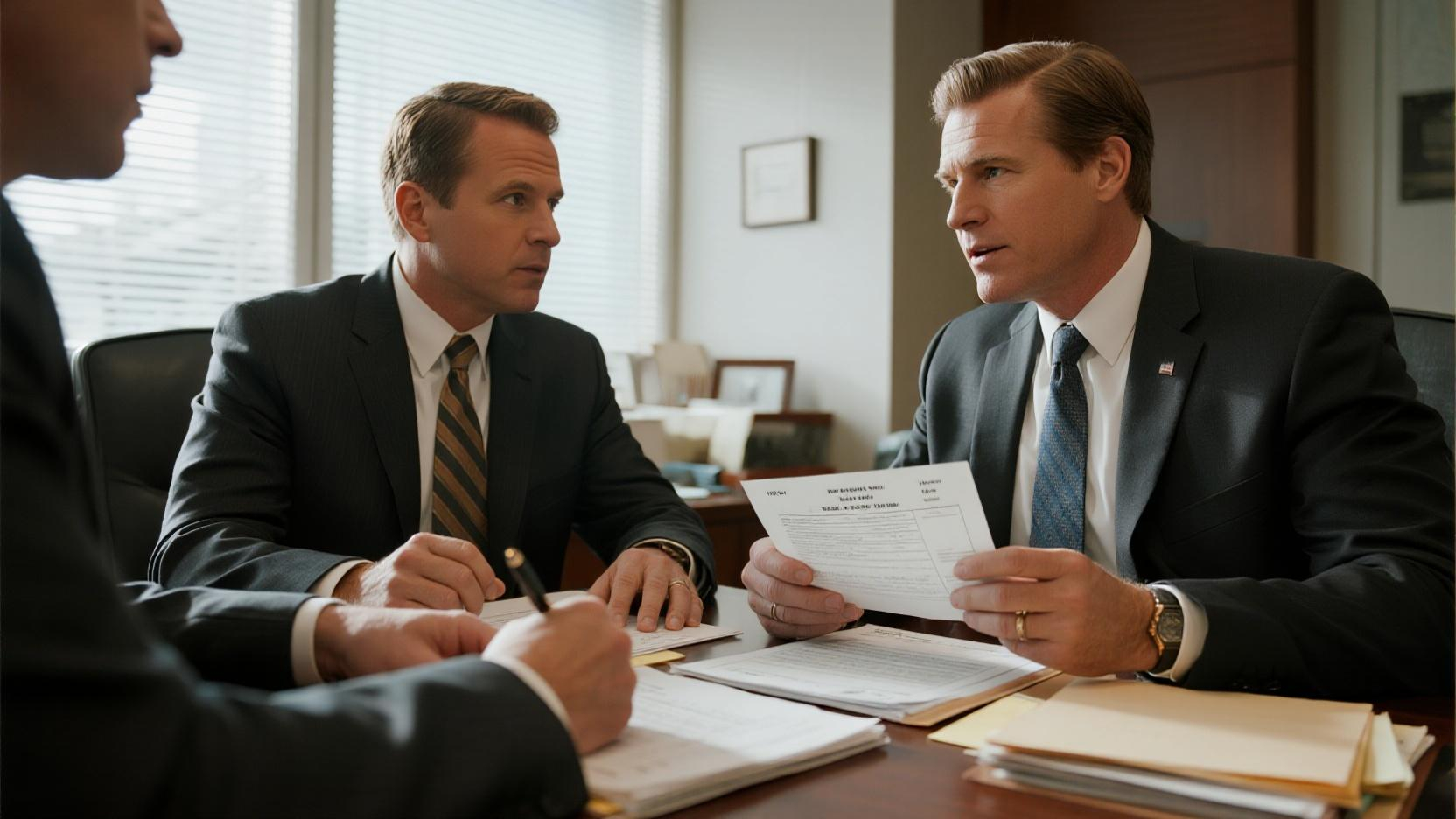
Image Source: pexels
Tax Software for Efficient Dispute Management
I’ve seen how tax software transforms the way corporations manage disputes. These tools provide clarity and streamline processes, making it easier to address issues before they escalate. Accurate data is the foundation of effective tax governance. With the right software, businesses can proactively manage risks and respond to audits promptly.
The IRS’s Alternative Dispute Resolution (ADR) programs highlight the importance of efficiency. These programs reduce the time and costs of resolving disputes, often settling cases in months instead of years. Tax software plays a crucial role in supporting these efforts by ensuring timely access to accurate data.
| Visibility Level | Percentage of Taxpayers |
|---|---|
| Complete Visibility | 25% |
| Substantial Visibility | 45% |
| Partial Visibility | 26% |
This data shows that while many taxpayers achieve substantial visibility, there’s room for improvement. I always recommend investing in software that enhances visibility and simplifies dispute management.
Data Analytics for Identifying and Resolving Issues
Data analytics has revolutionized tax dispute resolution. I’ve seen how these tools uncover patterns and insights that traditional methods often miss. For example, analytics can identify discrepancies in financial records, helping corporations address potential issues before they become disputes.
However, gaps in analytical data can hinder progress. The IRS lacks analysis on key aspects of its ADR programs, such as the types of disputes resolved or the effectiveness of ADR in specific cases. Addressing these gaps could significantly improve outcomes.
| Aspect of ADR Program Performance | Description of Lack of Analysis |
|---|---|
| Types of disputes resolved | No analysis of dispute types achieving higher resolution rates. |
| Taxpayer requests for ADR | No data on the number of taxpayer requests to use ADR. |
| IRS staff offering ADR | Lack of data on IRS staff’s willingness to offer ADR. |
By leveraging advanced analytics, corporations can gain a clearer picture of their tax positions and negotiate more effectively. I encourage businesses to embrace these tools to stay ahead in an increasingly data-driven world.
Digital Tools for Enhancing Negotiation Transparency
Digital tools have become indispensable in fostering transparency during negotiations. I’ve seen how they enable global audit tracking and help predict potential disputes. These tools ensure that no critical information is overlooked, creating a robust repository of evidence to support tax positions.
Timely access to accurate data strengthens relationships with tax authorities. It also ensures smoother audits and negotiations.
Businesses are now using generative AI tools to align transfer pricing policies and identify risks. Staying updated with regulations through these tools enhances the collection and presentation of evidence. I believe that adopting such innovations not only resolves disputes but also builds trust with tax authorities.
By integrating technology into their strategies, corporations can navigate tax disputes with confidence and clarity. It’s a step toward a more transparent and efficient future.
Preparing Corporations for Tax Audits
Conducting Pre-Audit Internal Reviews
I’ve seen how pre-audit internal reviews can transform the way corporations prepare for tax audits. These reviews ensure that financial records are accurate and compliant with regulations. They also help identify potential risks before auditors do. By conducting these reviews, businesses can avoid costly penalties and streamline the audit process.
Here’s how pre-audit reviews deliver value:
| Metric | Benefit |
|---|---|
| Tax Compliance Costs | Companies spent over 537 million USD in tax compliance in 2022/2023, highlighting the importance of accurate filings to avoid penalties. |
| Financial Statement Review | Ensures alignment with GAAP or relevant standards, which is crucial for auditors. |
| Internal Controls Assessment | Strong internal controls mitigate risks and ensure accurate financial reporting. |
I always recommend starting with a thorough review of financial statements and internal controls. This proactive approach builds confidence and reduces stress during audits.
Training Teams for Effective Audit Responses
Audit preparation isn’t just about documents. It’s about people too. I’ve learned that well-trained teams make a huge difference during audits. They know how to respond to questions clearly and confidently. This reduces misunderstandings and keeps the process moving smoothly.
Training sessions should focus on common audit scenarios and how to handle them. Role-playing exercises can help team members practice answering questions. When teams feel prepared, they approach audits with a positive mindset. That confidence often leads to better outcomes.
Building Communication Strategies for Audit Discussions
Clear communication is the backbone of successful audits. I’ve seen how transparency and proactiveness can expedite the process. Taxpayers who share information upfront and anticipate likely questions build trust with auditors.
- Transparency ensures that auditors have all the information they need.
- Proactive communication helps address issues before they escalate.
- Reactive approaches often lead to delays and complications.
I always encourage businesses to create a communication plan before the audit begins. This plan should outline who will handle specific inquiries and how information will be shared. A well-prepared team with a strong communication strategy can turn audits into opportunities for growth.
Negotiation strategies for resolving tax disputes between corporations and tax authorities offer measurable benefits. Proactive approaches, like participating in voluntary programs, have proven effective. For instance:
- 59% of tax executives are likely to join such programs.
- 68% of ICAP reviews concluded issues as low-risk, with an average completion time of 61 weeks.
These strategies save time and foster trust. Case studies also highlight success. Spain resolved transfer pricing cases in 19.6 months, while Ireland closed others in just 5 months.
I’ve seen how expert advisors and technology simplify complex negotiations. By adopting these tools and strategies, corporations can build stronger relationships with tax authorities and achieve lasting resolutions.
FAQ
What is the most effective way to prevent tax disputes?
Proactive planning and accurate documentation work wonders. I’ve seen how investing in compliance systems and consulting experts early can save corporations from costly disputes.
How can corporations build trust with tax authorities?
Transparency is key. Sharing accurate data, maintaining open communication, and adopting collaborative negotiation strategies foster trust and lead to smoother resolutions.
Are technology tools worth the investment for tax dispute management?
Absolutely! Tools like tax software and data analytics streamline processes, enhance accuracy, and reduce risks. I’ve seen them transform dispute management into a more efficient and transparent process.


